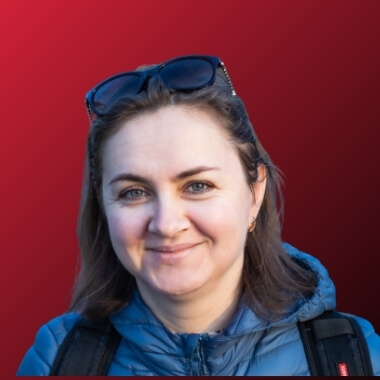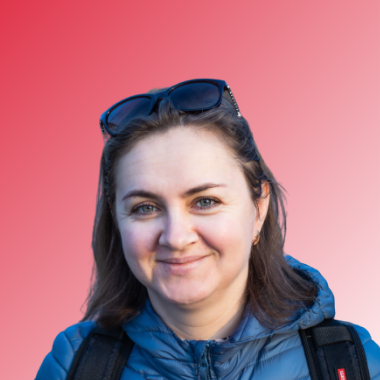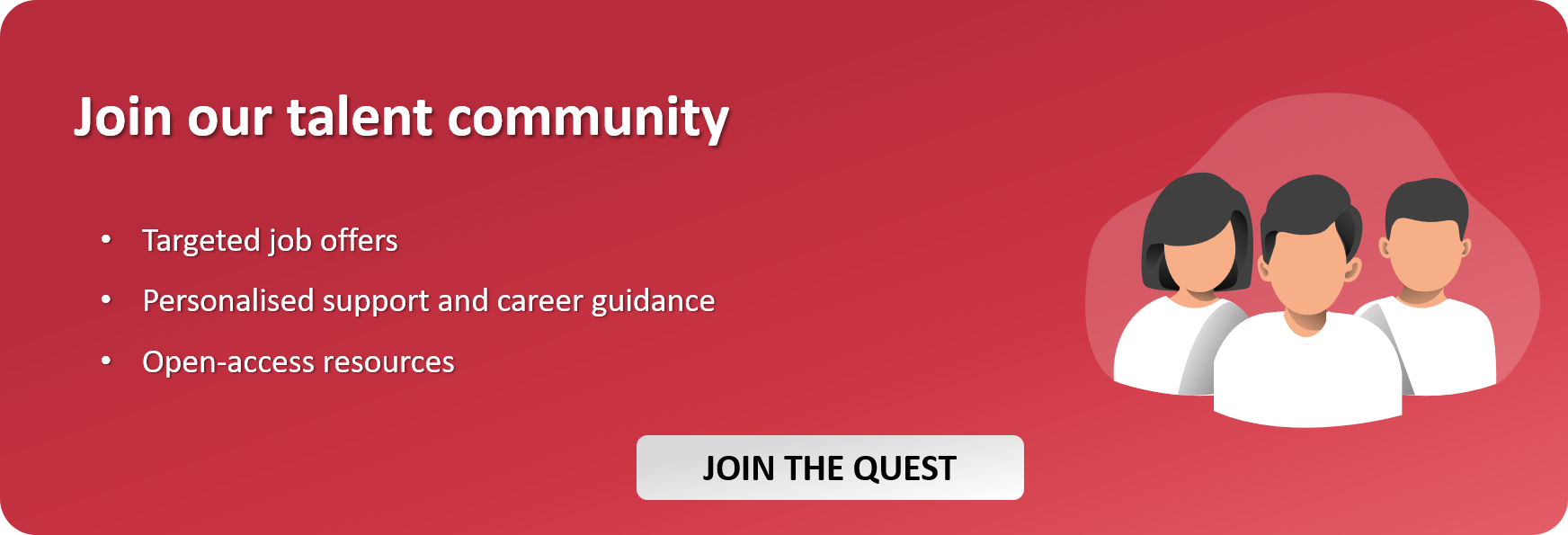Every February 11th, the world celebrates the International Day of Women and Girls in Science, a reminder that despite progress, the gender gap in STEM, especially in IT roles, remains a pressing issue. So, while women now make up 28% of the STEM workforce, IT professions continue to see some of the lowest representation, hovering around 19% for IT professionals and 23% for IT technicians.
This is not just a diversity issue, it’s a business challenge. With over 1 million STEM jobs added in the last seven years, companies struggling to find talent must rethink how they attract, recruit, and retain women in IT roles.
Also read our article about 20 Amazing Women Leading Europe’s Tech Revolution
👩💻 How Companies Can Attract More Women into STEM Roles
📝 Revamp Job Descriptions and Hiring Criteria
Studies show that women tend to apply for jobs only when they meet 100% of the listed requirements, while men apply when they meet around 60%.
Thus, avoid overloaded job descriptions that list excessive “nice-to-have” skills and focus on the core competencies required for success.
Also, use gender-neutral language and highlight a company’s commitment to diversity.
♀️ Promote Female Role Models and Mentorship
Representation matters. Women are more likely to pursue IT careers when they see successful female leaders in the field.
So, establish mentorship programs where women in junior roles can connect with senior female IT professionals.
Also, encourage internal and external thought leadership opportunities for women (e.g., conference speaking engagements, LinkedIn articles, webinars).
⚖️ Offer More Inclusive Workplace Policies
Firstly, flexible work arrangements (hybrid/remote work, flexible hours) help accommodate work-life balance, which can be a deciding factor for many women in IT.
Parental leave policies should also be inclusive and well-communicated.
Lastly, ensure a safe and supportive work culture, including clear policies against gender bias and harassment.
Are Recruitment Processes Pushing Women Away?
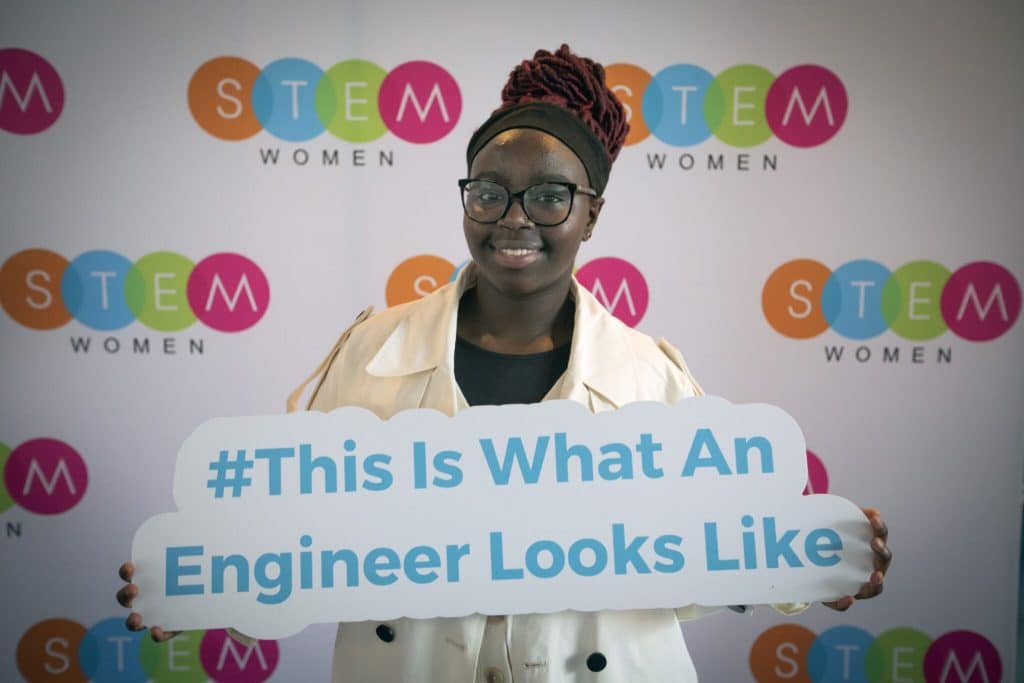
Even well-intentioned hiring practices can unintentionally discourage female candidates. So here’s how companies can fix that:
📙Rethink Technical Assessments: Traditional whiteboard coding tests or high-pressure exams can be intimidating and don’t always measure real-world problem-solving skills. Consider project-based assessments instead.
🤖 Bias in Resume Screening: AI-driven recruitment tools can also reinforce existing biases. Thus, ensure hiring algorithms are regularly audited for fairness.
👩🏽💻Interview Panels: Last, if all interviewers are male, it might send the wrong message. So include diverse interview panels to make candidates feel represented and valued.
5 Successful Initiatives to increase the representation of women in IT roles
Here are some real-world initiatives by companies that have successfully worked to increase the representation of women in IT roles:
1. Cisco
A company demonstrating a strong commitment to promoting women in technology through several initiatives:
- Cisco Global Women’s Network: Evolving from the former Women’s Action Network, this organization boasts thousands of members and collaborates with Cisco’s Office of Inclusion and Collaboration.
- Women of Impact Conference: An annual event organized expecting around 15,000 participants across 100 locations. The conference addresses challenges women face in the workplace, discusses new campaigns, and fosters support among attendees to drive diversity in tech.
- Employee Resource Groups (ERGs): Cisco has several ERGs, including the Cisco Asian Affinity Network, Cisco Black Employee Network, and Cisco Disability Awareness Network, promoting inclusivity across various demographics.

2. Microsoft
Microsoft engages in various programs aimed at attracting, recruiting, retaining, and developing women globally in the technology field:
- Educational Partnerships: Promotes the study of computer science at female colleges and other universities to build a pipeline of female tech talent.
- Investment in Women-Focused Organizations: Invests in organizations that support women, seeks out women suppliers, and provides support to women once employed at Microsoft.
- Inclusive Culture: Challenges employees to embrace changes, such as redefining performance and development approaches, to foster cultural empathy and inclusivity.
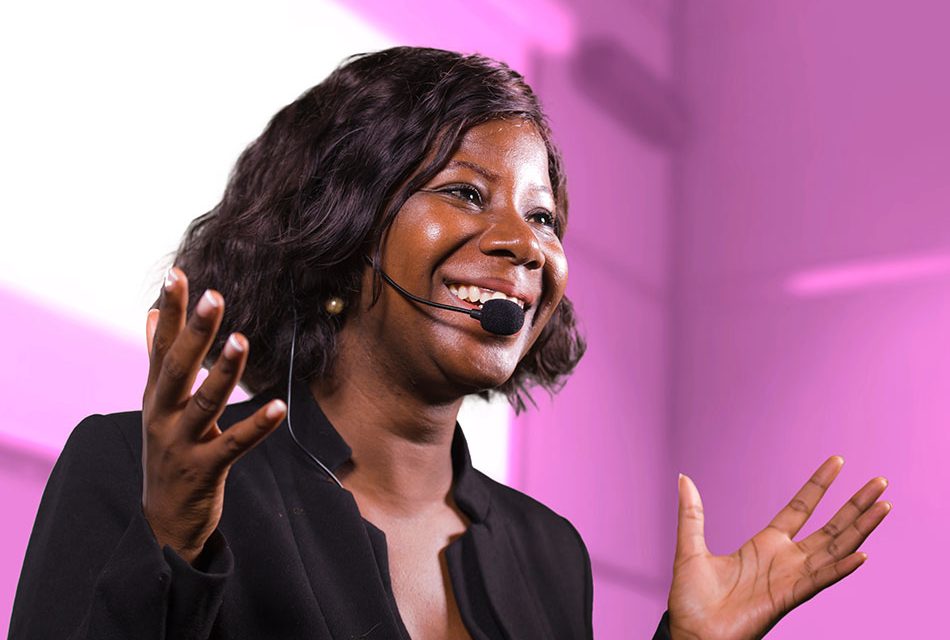
3. IBM
IBM has implemented strategies to provide women and underrepresented groups with opportunities to reach their potential:
- Technology Camps: Since 1999, IBM has organized technology camps staffed by women volunteers, partnering with organizations like Girls Who Code to recruit girls aged 12 to 18 for coding programs.
- Leadership Development Programs: Offers programs such as the Building Relationships and Influence Leadership Program for women with executive potential, featuring sessions with speakers who have progressed into executive roles.
- Mid-Career Support: Provides programs for mid-career women to have sponsors or coaches to prepare them for the next milestones in their careers.

4. HCL Technologies
Under the leadership of Roshni Nadar Malhotra, HCL Technologies has set ambitious goals for gender diversity:
- Gender Diversity Goal: Aims for 40% female representation in the workforce by 2030.
- Advocacy for Gender Diversity: Roshni Nadar Malhotra is a strong advocate for gender diversity, integrating her personal and professional life to effect positive change.
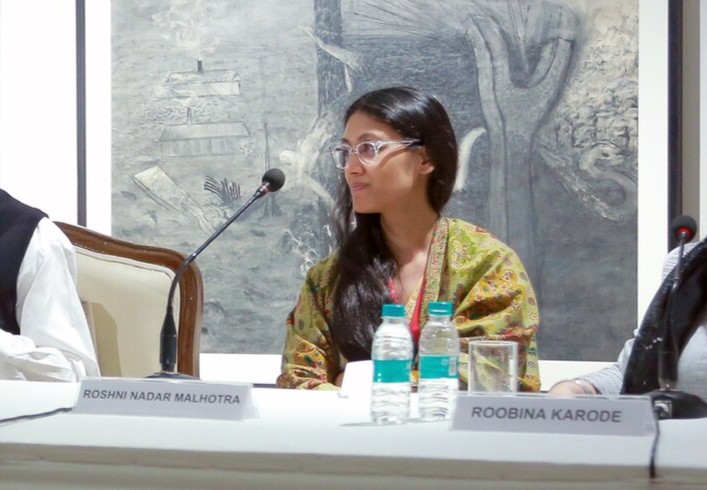
5. Logitech
Delphine Donné, VP/General Manager for Logitech Personal Workspace Solutions, has fostered an inclusive environment:
- Inclusive Leadership: Under Donné’s leadership, Logitech has achieved a roughly 50/50 male-to-female ratio in leadership, fostering creativity and innovation.
- Diverse Teams: Advocates for diversity beyond gender, emphasizing benefits from a mix of ages, nationalities, and backgrounds.

Finally, these initiatives demonstrate that with deliberate action and commitment, companies can make significant strides in closing the gender gap in IT.
What can IT Recruitment Company do?🤔
As IT recruitment companies, there are various initiatives to promote women’s participation in STEM fields you can partner with. So here are some notable examples:
1. Rewriting the Code (RTC)
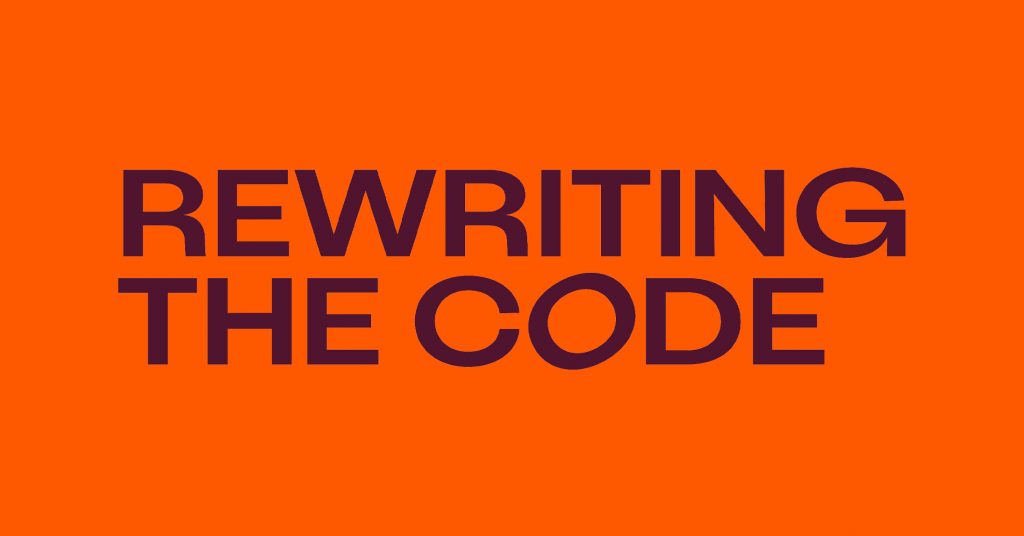
RTC is a nonprofit organization that collaborates with over 25 tech leaders to enhance diversity in hiring. They provide IT recruitment firms with access to a global network of more than 31,000 women in technology, ranging from undergraduates to early-career professionals.
Thus by partnering with RTC, recruitment companies can:
- Enhance Recruiting Capabilities: Directly connect with underrepresented talent through events, workshops, and a dedicated talent portal.
- Improve Retention Rates: Engage with a community committed to supporting women in tech, fostering a more inclusive workplace culture.
- Strengthen Employer Branding: Demonstrate a commitment to diversity, equity, and inclusion, making the company more attractive to potential candidates.
For instance, companies like Duolingo and Palantir have partnered with RTC to increase the diversity of their hiring pipelines, resulting in significant improvements in the representation of women in their tech roles.
2. Girls Who Code

While not an IT recruitment company per se, Girls Who Code is a notable organization that aims to close the gender gap in technology by equipping young women with computing skills. They run programs during the academic year, teaching high school girls programming, robotics, and web design.
IT recruitment firms can collaborate with such organizations to:
- Expand Talent Pipelines: By supporting and engaging with programs that prepare young women for tech careers, recruitment companies can access a broader pool of qualified female candidates.
- Enhance Community Engagement: Demonstrating support for initiatives that promote women in STEM can improve the company’s reputation and attract more female candidates.
Thus, these initiatives illustrate how IT recruitment companies can actively promote women’s participation in STEM fields, leading to a more diverse and innovative workforce.
Awareness is not enough: time to action
The International Day of Women and Girls in Science is a powerful reminder that it is time to action. Companies can’t afford to wait until 2070 for gender parity in STEM.
Thus, by taking deliberate actions, businesses can create an IT workforce that is both diverse and future-ready.
📜Reminder of actions:
🔍 Rethink Job Descriptions
Firstly, avoid unnecessary barriers that might discourage female applicants.
🌟 Support Female Role Models
Then, promote mentorship and leadership opportunities for women in tech.
🏢 Improve Workplace Policies
Also, implement flexible work options and inclusive parental leave.
🚀 Ensure Bias-Free Hiring
Finally, audit recruitment processes to remove unconscious bias.
Looking to build a more inclusive IT team? Our recruitment experts can help you find and retain top female tech talent.


